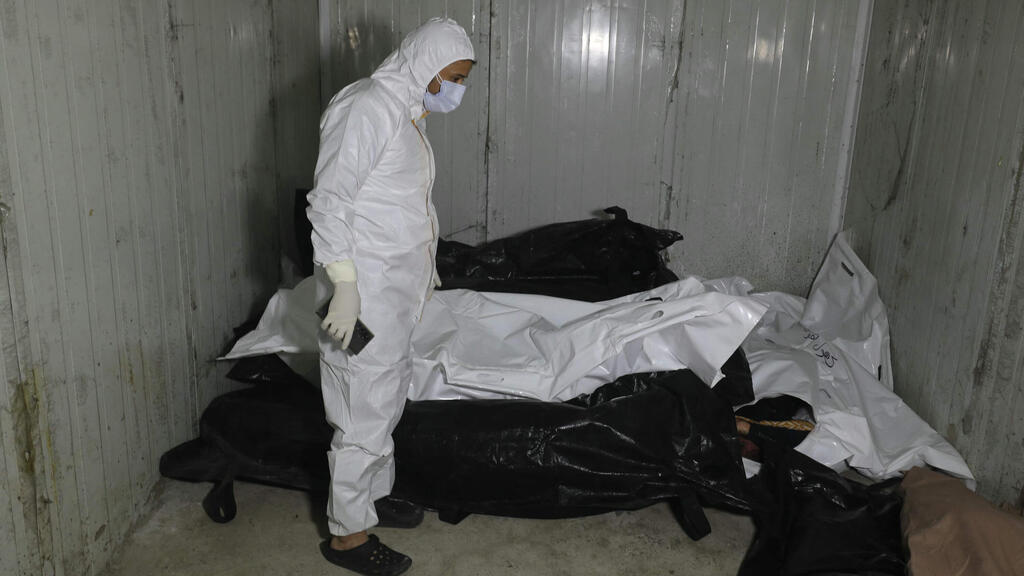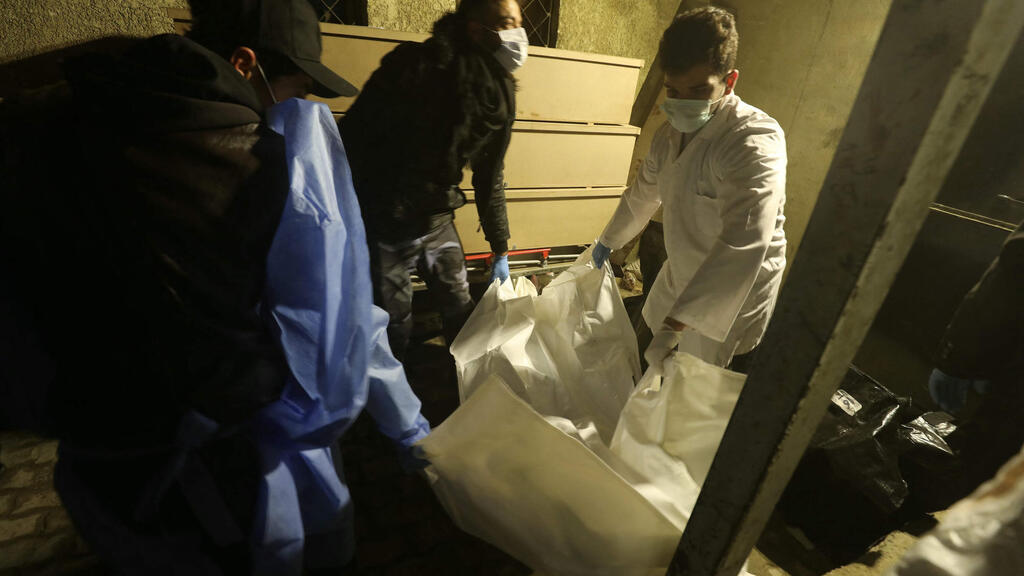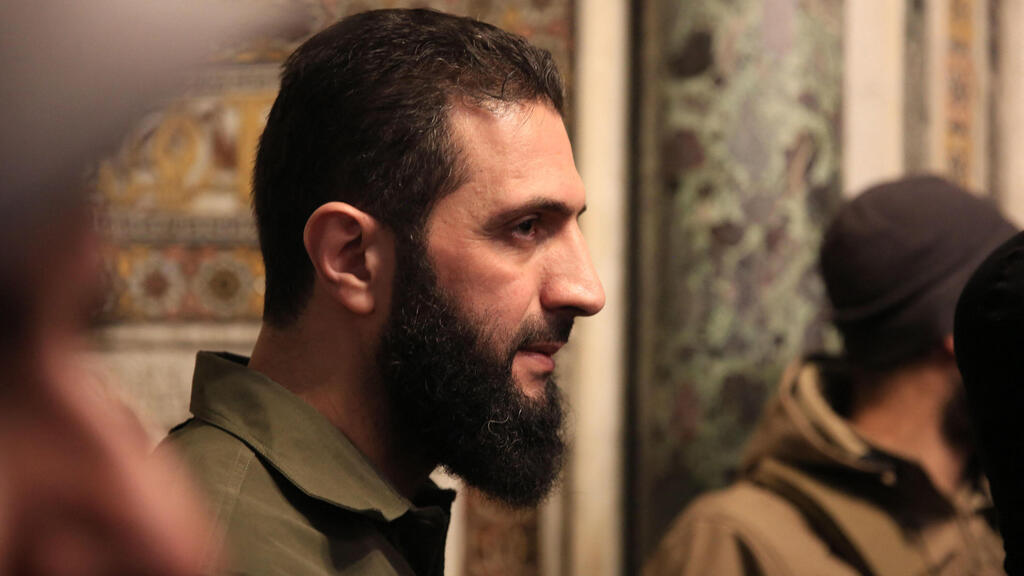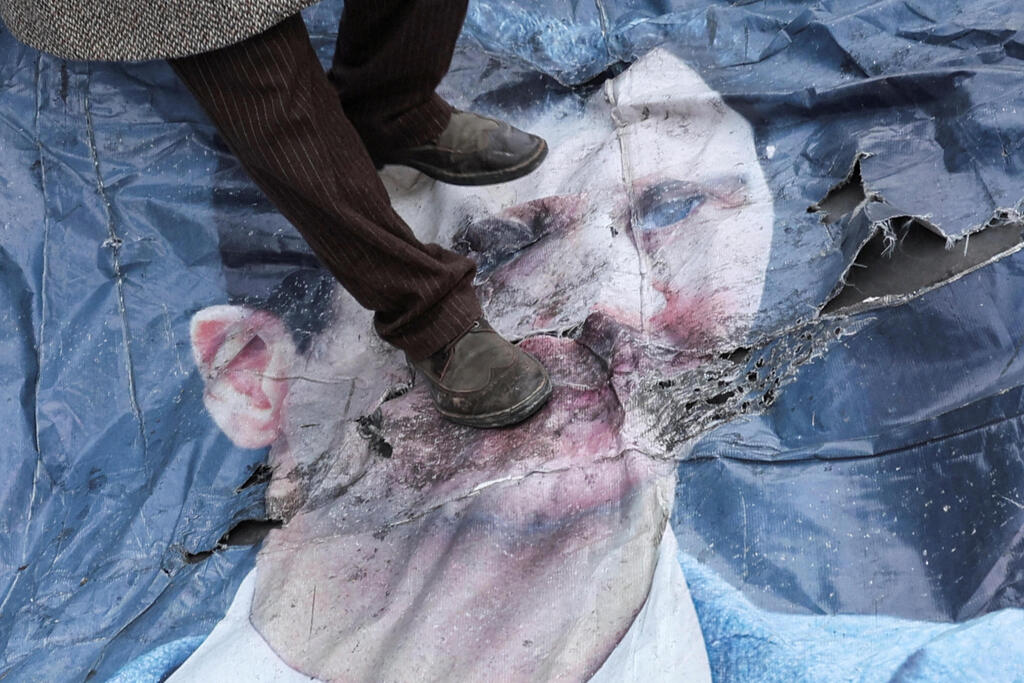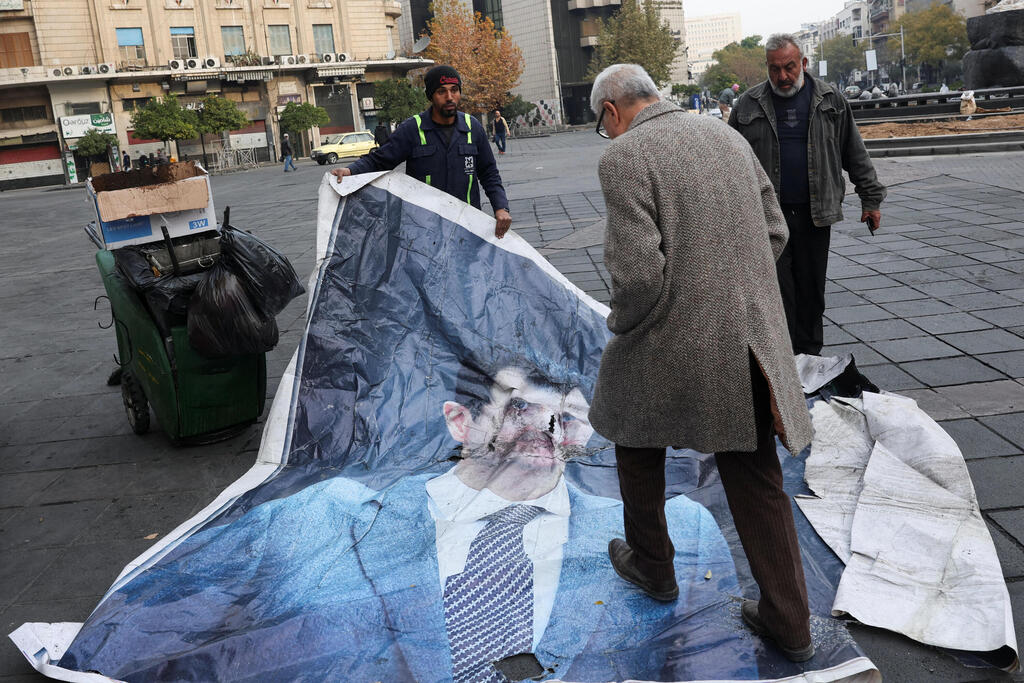Efforts to form a new government in Syria continued on Tuesday following the historic overthrow of Bashar Assad’s regime and the end of the civil war that began in 2011, culminating in a resounding victory for rebel forces.
Meanwhile, with the revelation of further evidence pointing to the regime's brutality against its opponents, the leader of the organization responsible for Assad's downfall has vowed to punish "war criminals."
Rebels releasing prisoners in Syria
Syrian rebels told AFP on Monday that they found around 40 bodies with signs of torture in the morgue of a hospital located in a Damascus suburb. According to AFP, the bodies were placed in numbered sacks, with some labeled with the victims' names.
AFP also reported that the morgue contained recently murdered victims alongside human remains. "I opened the door of the morgue with my own hands, it was a horrific sight: About 40 bodies were piled up showing signs of gruesome torture," a Syrian told the news outlet.
Hayat Tahrir al-Sham (HTS) leader Abu Mohammad al-Jolani, who led the regime's overthrow, said the rebels intend to hold Assad regime officials accountable. "We will not hesitate to hold accountable the criminals, murderers, security officers and army officers involved in torturing the Syrian people. We will pursue war criminals and ask for their hand over from the countries to which they fled," he said.
"We will offer rewards to anyone who provides information about senior army and security officers involved in war crimes. We have affirmed our commitment to tolerance for those whose hands are not stained with the blood of the Syrian people, and we have granted amnesty to those who were in compulsory service,” he added.
Lebanese newspaper Nida' el-Watan on Monday reported that senior Assad regime officials, including some of his relatives, fled to Beirut under Hezbollah's protection. The report, citing "senior security sources," noted that among them was Ali Mamlouk, Assad's former national security adviser and head of the Syrian intelligence agency.
The report added Assad himself received political asylum in Russia, where his wife and children are also located.
Al-Jolani met with the toppled regime’s prime minister Mohammed al-Jalali to advance the establishment of an interim government and is set to meet Mohammed al-Bashir, who has been appointed to lead the government, on Tuesday.
"We are in the process of transferring executive authority to the interim government,” Al-Jalali said on Monday. “We'll assist Prime Minister Mohammed al-Bashir in managing the next phase.”
“The government leading this transition has a plan and an understanding of the country's challenges. Our goal is to preserve Syria's state institutions and employees. The new administration seeks to build relations with neighboring countries," he added.
Meanwhile, banks in Damascus reopened for the first time since the regime's fall on Tuesday – a significant step toward a return to normalcy. Businesses in the capital also reopened.
Released after 38 years in Assad’s prison
The symbol of Assad's regime's cruelty is Sednaya Prison, located near Damascus. Rebels stormed the prison and freed inmates as they stormed the capital on Sunday. Videos published by Arab media showed the shocked prisoners cheering.
Assad regime opponents called Sednaya a "slaughterhouse," where countless regime opponents — ranging from armed rebel fighters to peaceful protestors and dissenting military personnel — were sent since the uprising began in 2011.
According to a 2017 Amnesty International report, up to 13,000 regime opponents were hanged in the prison between 2011 and 2015.
Rebels releasing prisoners in Syria
The Associated Press reported that dozens of prisoners were freed from the prison on Sunday, but many remain unaccounted for. Over the past two days, thousands of Syrians have gathered outside the prison, hoping for news of loved ones who were sent there or disappeared during the war.
Prisoners described how families waited anxiously for word of survivors, while frantic efforts inside the prison sought to locate hidden underground cells. However the White Helmets aid organization announced on Tuesday that searches in the prison concluded without any findings.
The organization deployed five expert teams, including specialists in locating and rescuing individuals, wall breaching and accessing fortified doors, as well as search dogs and medical personnel.
The organization said they “found no hidden areas in the facility,” adding, “We share the profound disappointment of the families of the thousands who remain missing and whose fates are unknown.”
White Helmets Director Raed al-Saleh said on Monday that prisoners held in Sednaya endured "hell": “[Sednaya] doesn’t give the impression that it is a prison. It is a human slaughterhouse where human beings are being slaughtered and tortured.”
Get the Ynetnews app on your smartphone: Google Play: https://bit.ly/4eJ37pE | Apple App Store: https://bit.ly/3ZL7iNv
The rebels captured a number of prisons where regime opponents were detained. Many freed inmates had been held there for years after being "taken" by the regime. A report published on Tuesday said one of the released prisoners was a Jordanian citizen who disappeared in 1986 at the age of 18 and spent 38 years in Syrian regime prisons — first under President Hafez Assad and later during the Assad son’s rule.
A Jordanian official said the rescued man, Osama Bashir Hassan al-Bataynah, was transferred from Damascus to the Jordanian border crossing. According to the source, al-Bataynah lost his memory and was found unconscious by the rebels. The source didn’t detail how he was identified.





